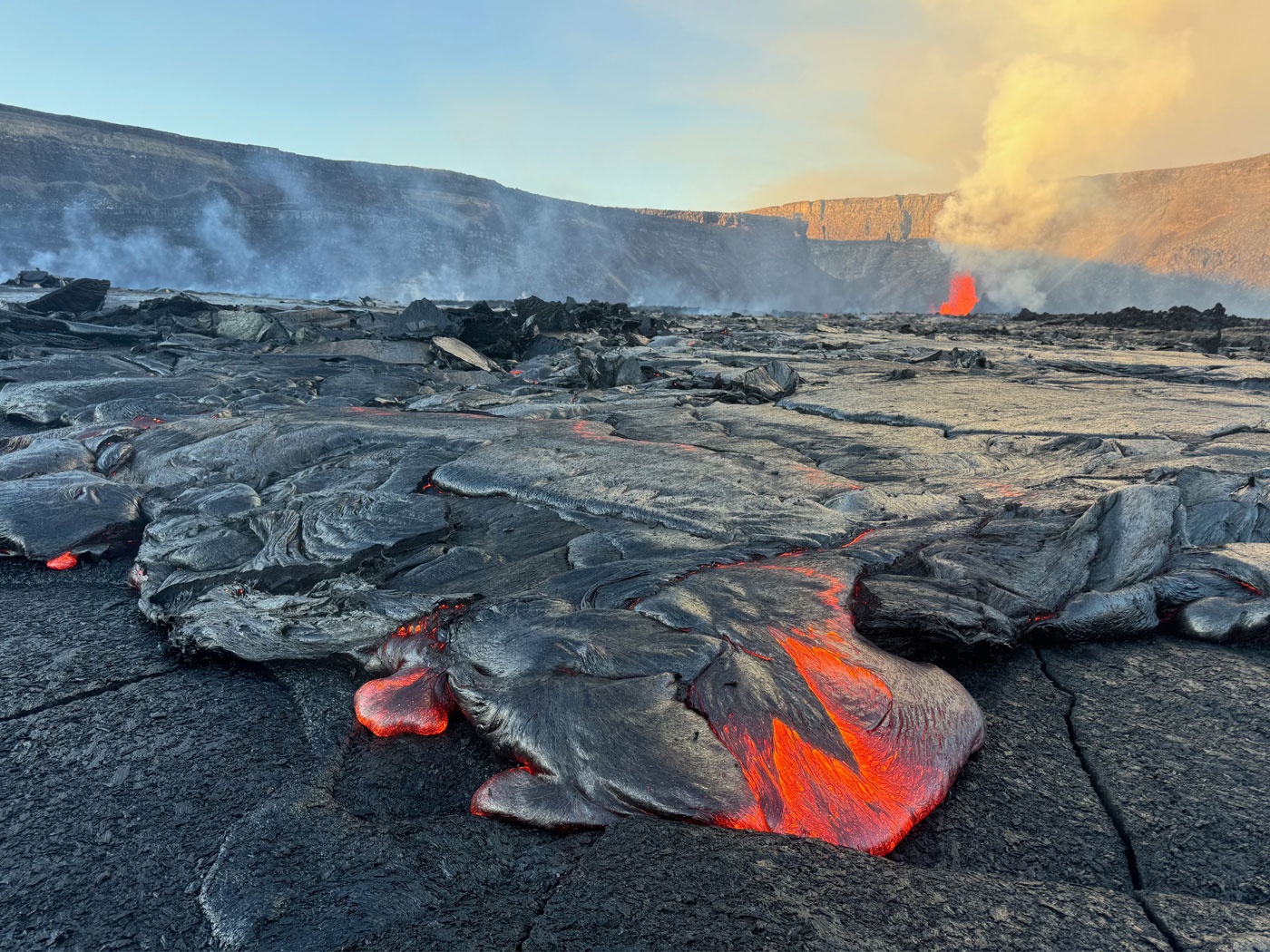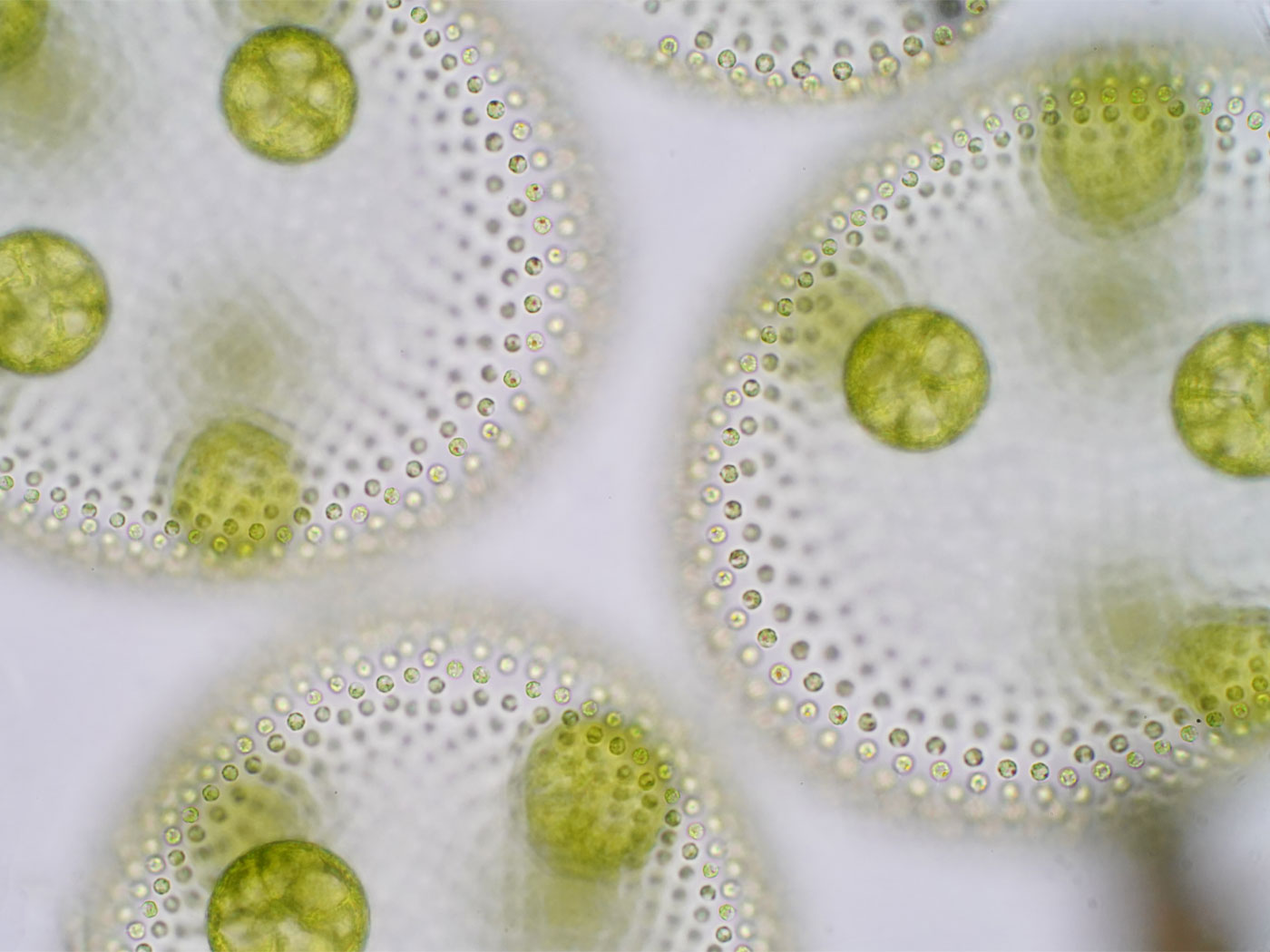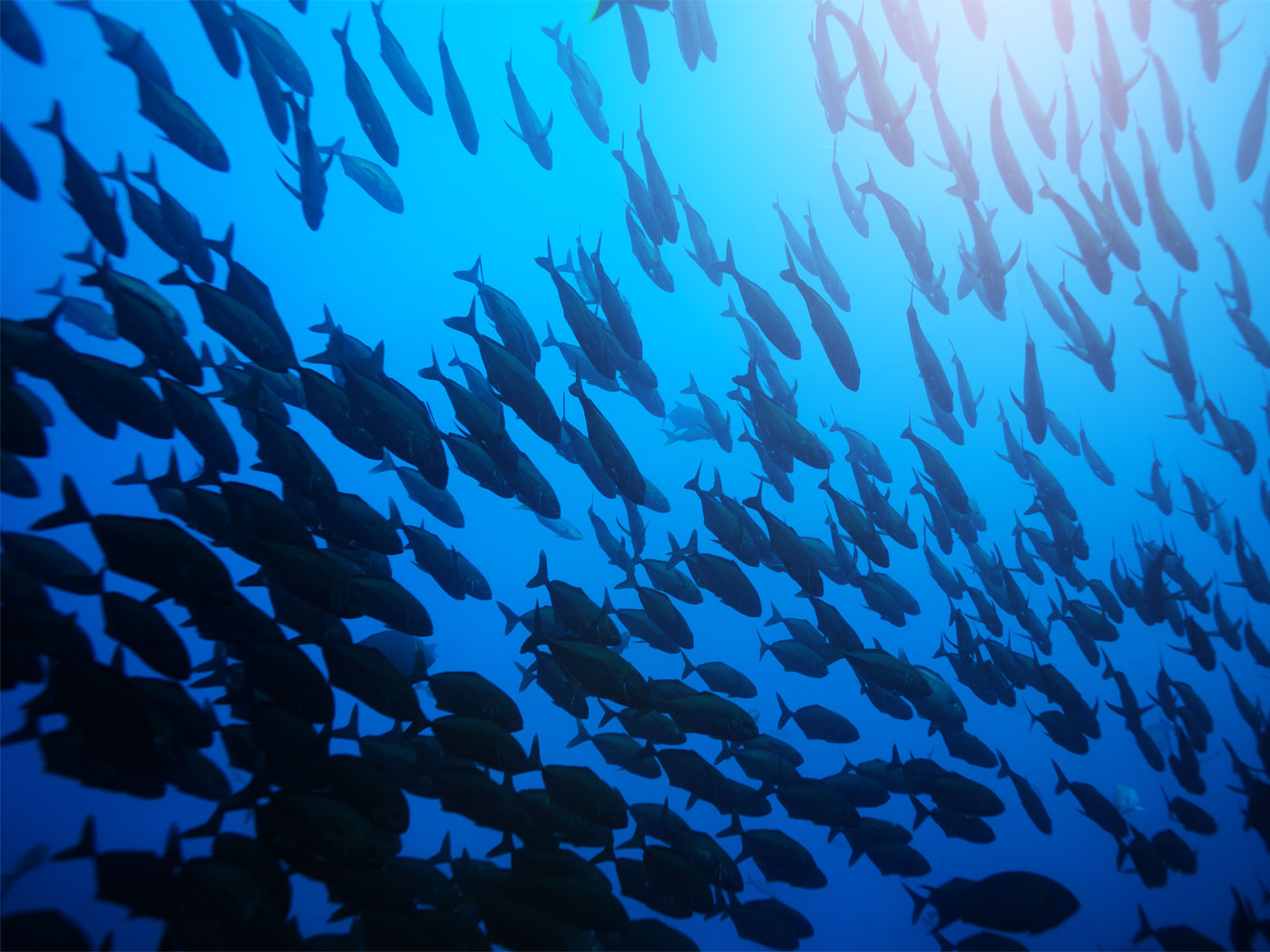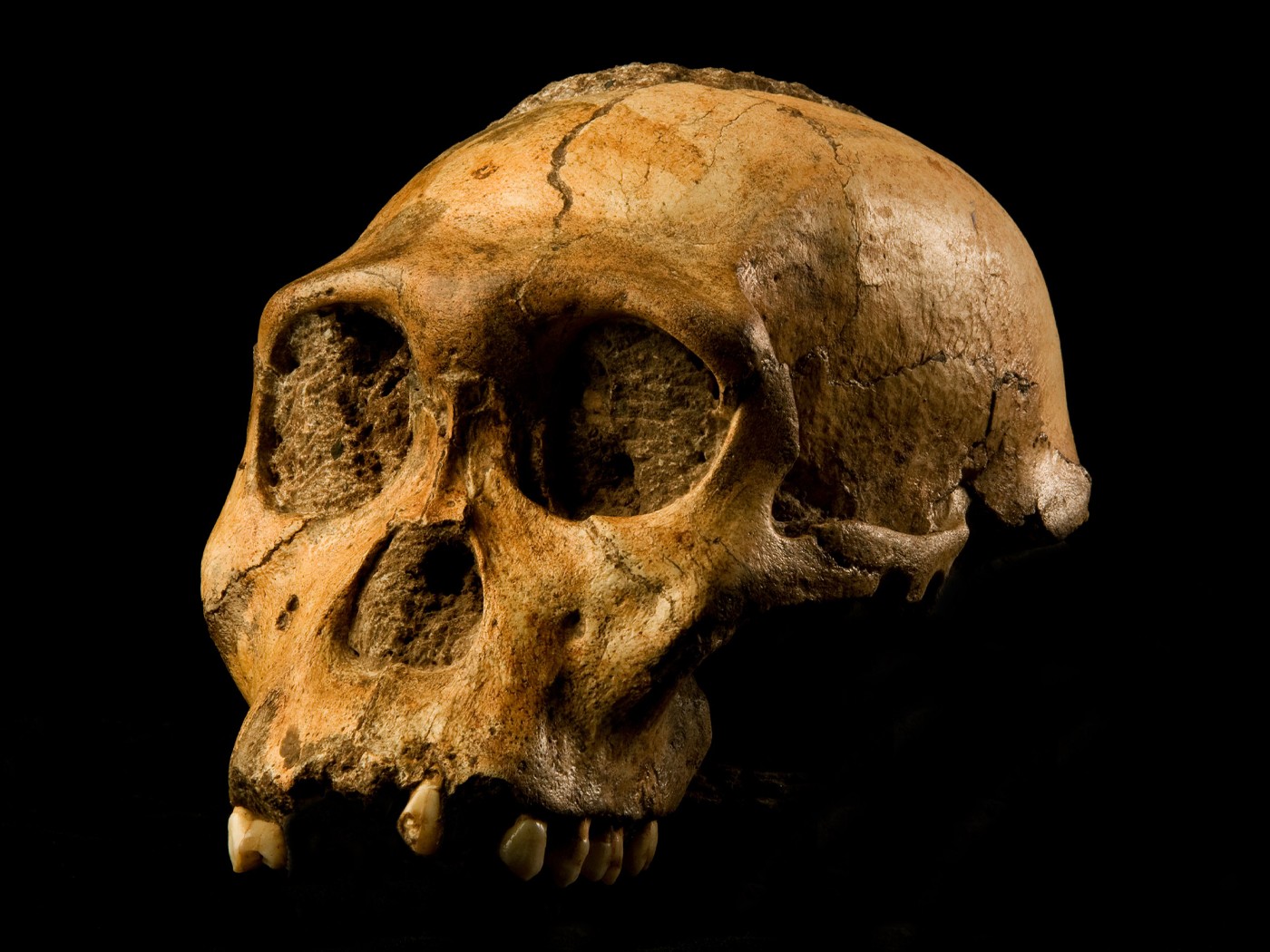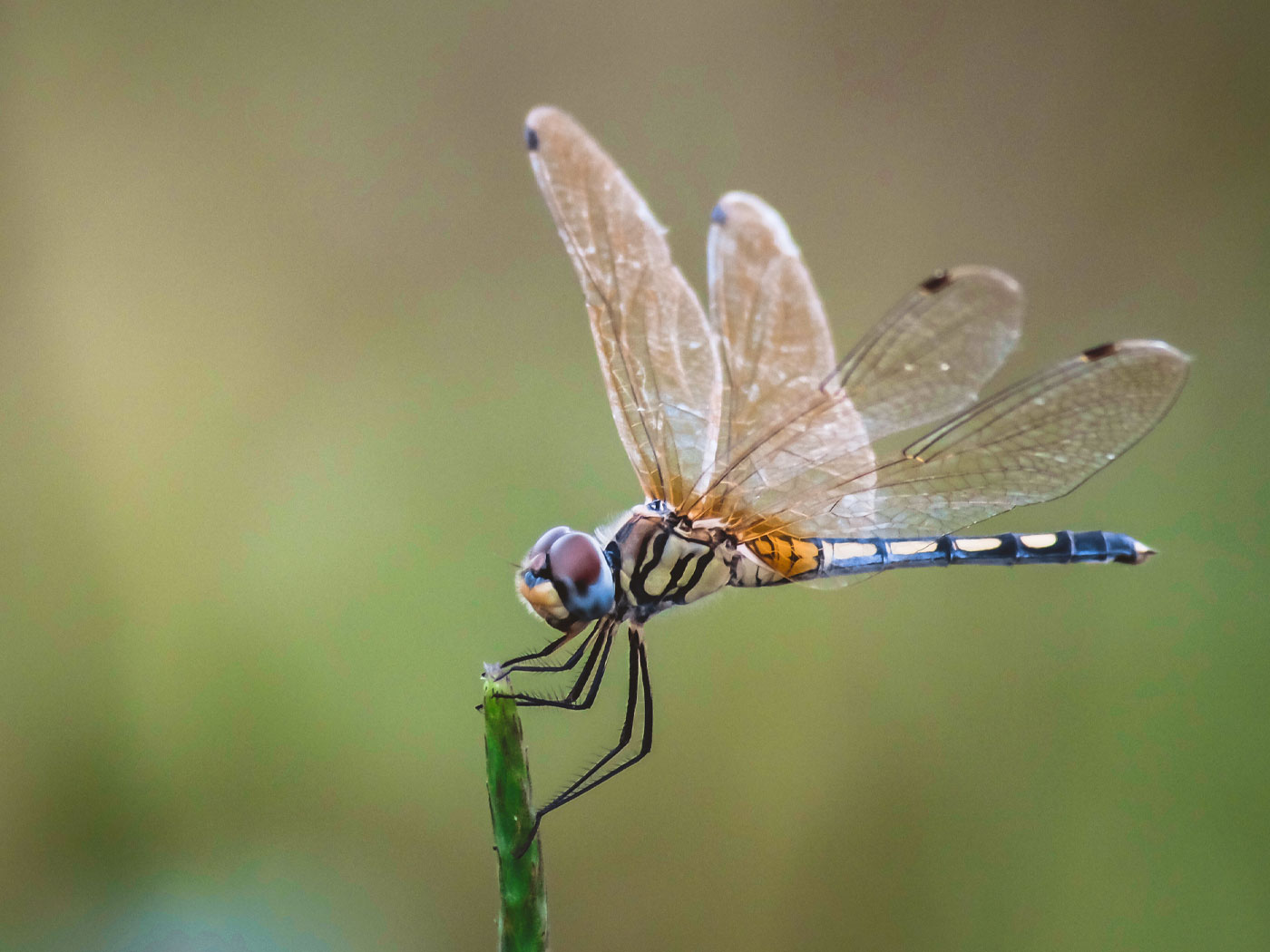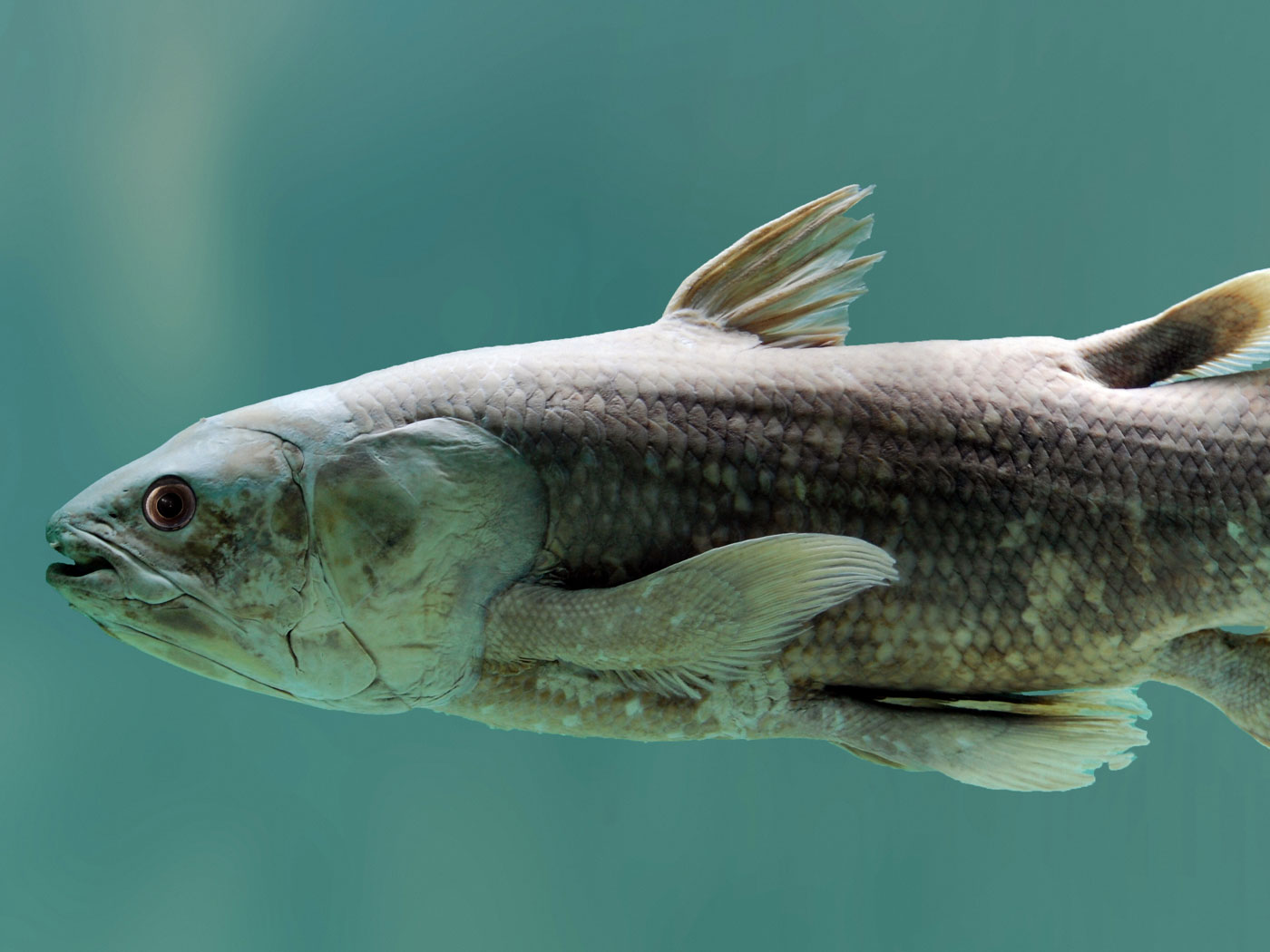The origins debate will always be regarding the origin of species — or macroevolution. Creationists look to the God of the Bible — the Creator — as explanation for the origin of everything. Evolutionists place their faith in chance, time and natural processes ("Every living thing is descended from the same primordial cell . . ."1).
The secular worldview includes the origin of biological molecules — such as a critical group of very large proteins called enzymes. These amazing units are designed to promote or speed up biochemical activity within the cells of plants, animals and people — but at a lower temperature. If it weren't for enzymes it would literally take decades for us to digest our meals!
According to evolutionism, organic (carbon-based) life evolved from inorganic non-life. This means there would have to literally be a self-assembly of something as extremely complex as a living cell. This involves nucleic acids forming RNA and DNA, as well as amino acids (the left-handed variety only!) just happening to form proteins such as enzymes. To get around the enormous problem of the random coupling of amino acids to produce a functioning enzyme, atheists such as Trevor Palmer, of England's Nottingham Trent University, appeals to the god of natural selection,
. . . the Darwinian view would not be that the 2000 enzymes had suddenly and simultaneously been assembled from their constituent amino acids in one go, but that their structures had evolved from simpler ones over a period of time by a process involving natural selection . . .2
Another secular author stated:
Where do enzymes come from? All of the enzymes that exist in nature are the product of Darwinian evolution, based on natural selection.3
These are hardly scientific explanations. Natural selection presupposes a population of living organisms so that particular combinations of their genes (DNA) may be eliminated or passed on. Darwin emphasized that natural selection is differential success in reproduction — but there was no reproduction in evolution's primordial, non-living planet. How then, could the process of natural selection operate in a lifeless world? Achieving the gigantic step of life from non-life will always be a significant scientific thorn in the side of Darwinists (see, for example, Fenchel, T., Origin and Early Evolution of Life, Oxford Biology, 2002). Furthermore, "How natural selection operates at the molecular level [e.g., enzymes] is a major problem in evolutionary biology."4
Meanwhile, creationists see natural selection primarily as a conserving force in nature, reducing the number of maladapted animals and plants that occur through, for example, birth defects. A basic law of population genetics is the Hardy-Weinberg Law, one that predicts that populations will stay in equilibrium and act to conserve the variability God created. The end result is the adaptation of populations of plants or animals to their surroundings, but not the origin of new organs, tissues, or structures.
To read about the origin of species, consult the book of beginnings — Genesis.
_____________________________
1. Trefil, J., 101 Things You Don't Know about Science, Mariner Books, 1996, p. 283.
2. Palmer, T., Controversy: Catastrophism and Evolution, Kluwer, 1999, p. 267.
3. Joyce, G.F., "Evolutionary Chemistry," Science, vol. 276, June 1997, p. 1658.
4. Yokoyama, S., "Color vision of the Coelacanth" The Journal of Heredity, May/June 2000, p. 217.





